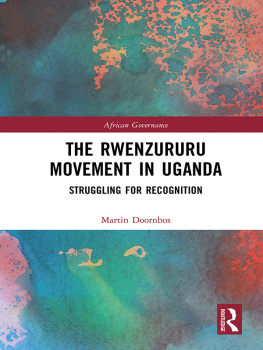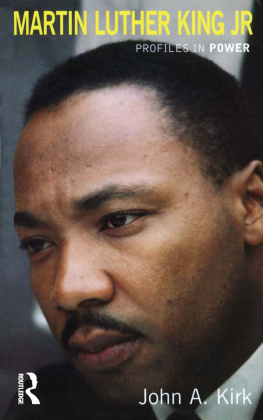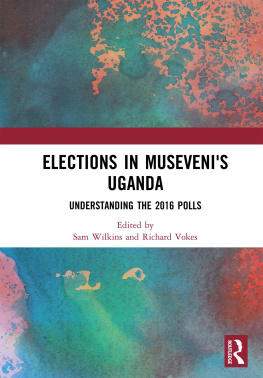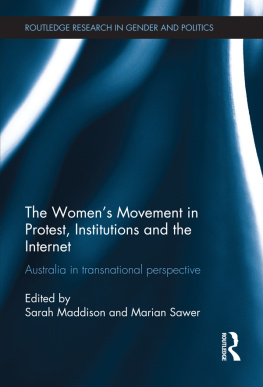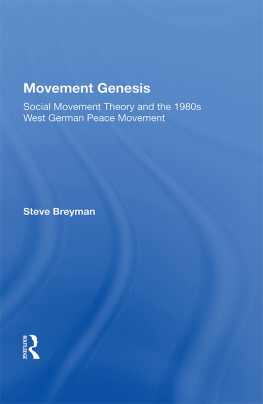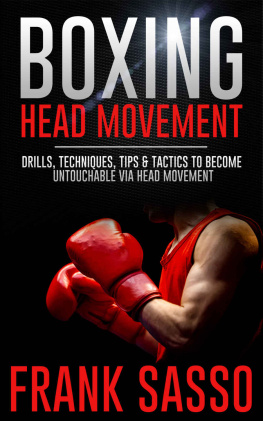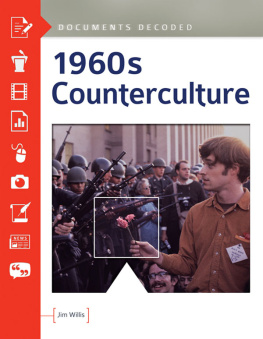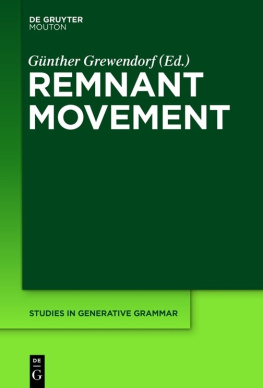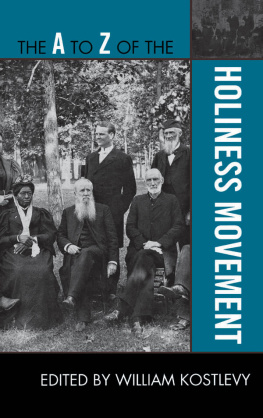The Rwenzururu Movement in Uganda
This book provides a comprehensive account and analysis of the Rwenzururu movement in Western Uganda. The movement began in the 1960s in the Rwenzori region of Toro District, and was a protest by the minority Bakonzo and Baamba ethnic groups against their continued discrimination and incorporation in the Batoro-dominated kingdom-district. In the course of the years this movement experienced various significant transformations, and in the end came to demand recognition of Rwenzururus claimed semi-traditional kingship within Uganda.
Martin Doornbos illuminates how the Rwenzururu movement came to life. He documents and analyses the transformations that the movement has undergone, and shows how the Ugandan government responded to, and eventually accepted, the movement while igniting continuing enmity and violence in the process.
Martin Doornbos is Professor Emeritus at the International Institute of Social Studies, The Hague, The Netherlands.
African Governance
1. Traditional Institutions in Contemporary African Governance
Edited by Kidane Mengisteab and Gerard Hagg
2. Non-State Social Protection Actors and Services in Africa
Governance Below the State
Edited by Nicholas Awortwi and Gregor Walter-Drop
3. State-building Interventions in Post-Conflict Liberia
Building a State without Citizens
By Susanne Mulbah
4. Mauritania's Colonels
Political Leadership, Civil-Military Relations and Democratization
By Boubacar NDiaye
5. The Rwenzururu Movement in Uganda
Struggling for Recognition
By Martin Doornbos
First published 2018
by Routledge
2 Park Square, Milton Park, Abingdon, Oxon OX14 4RN
and by Routledge
711 Third Avenue, New York, NY 10017
Routledge is an imprint of the Taylor & Francis Group, an informa business
2018 Martin Doornbos
The right of Martin Doornbos to be identified as author of this work has been asserted by him/her/them in accordance with sections 77 and 78 of the Copyright, Designs and Patents Act 1988.
All rights reserved. No part of this book may be reprinted or reproduced or utilised in any form or by any electronic, mechanical, or other means, now known or hereafter invented, including photocopying and recording, or in any information storage or retrieval system, without permission in writing from the publishers.
Trademark notice: Product or corporate names may be trademarks or registered trademarks, and are used only for identification and explanation without intent to infringe.
British Library Cataloguing in Publication Data
A catalogue record for this book is available from the British Library
Library of Congress Cataloging in Publication Data
A catalog record for this book has been requested
ISBN: 978-1-138-03902-5 (hbk)
ISBN: 978-1-315-17618-5 (ebk)
This book has had a longer than usual gestation period. I first became interested in Rwenzururu in the 1960s during my time as a Research Fellow at the East African Institute of Social Research at Makerere University, Kampala (now MISR, the Makerere Institute of Social Research). I had embarked on research into ethnic rivalries and confrontations in Western Uganda, first between Bahima and Bairu in the then-existing Ankole kingdom. Noting that in the neighbouring Toro kingdom ethnic confrontations between Bakonzo and Baamba on the one hand and Batoro on the other, culminating in the Rwenzururu movement, featured significant parallels to the Ankole situation (although with very different outcomes), I chose to pursue my research endeavours in a basically comparative fashion. This meant exploring parallels and contrasts in the two situations, trying to better understand their different historical roots and contrasted manifestations. It soon became clear, however, that the Rwenzururu movement was not only turning out to be far more complex than the situation in Ankole, but with the offshoot which it produced of a small secessionist state-like entity on the Congo border figuring like a central African Andorra or Liechtenstein it was also turning into the most intransigent and spectacular ethnic movement in Uganda at the time. Inevitably, in the end it also led to distinct and separate research projects, logistically speaking. Following a preliminary comparative overview and analysis of the two situations in my chapter Kumanyana and Rwenzururu: Two Responses to Ethnic Inequality in the collection edited by Robert Rotberg and Ali Mazrui1 to which I return in the present volume I thus first concentrated on developments at the Ankole end, which resulted in the publication of several books and articles on the subject.2
In subsequent years the Rwenzururu part of my research was to receive several important boosts, beginning when my initial enquiries at the District Office in Fort Portal led to permission to consult the rich district archives of the Uganda Ministry of Regional Administrations on the movement. I was generously allowed to use much of this material, on which a large part of the present volume was eventually based, and I was subsequently able to supplement this with copies of church records, private collections and newspaper archive materials (notably of the national newspaper at the time, the Uganda Argus). It was striking to note during these endeavours how much importance and care many individuals, including various local leaders of the movement, devoted to preserving letters and documents that they anticipated might in due course turn out to be of historical interest. Extended interviews with several prominent Rwenzururians, including Blasio Maate, Simoni Maate, and in particular Yeremiah Kawamara, added significantly to my understanding of the conflict and the movement. A special word of thanks is also due to David Pasteur, who as Under-Secretary for years figured as the key person handling the Rwenzururu portfolio at the Ministry of Regional Administrations, Entebbe, and who kindly agreed to share his valuable collection of relevant documents and correspondence for the purposes of historical research. Ever since those days of my early field research around the Rwenzoris, I have felt committed to trying to bring out some sense of the extraordinary effort and sacrifice which so many people have made as a tribute to living history. My gratitude to all concerned for their contributions remains great.
A further impetus to the Rwenzururu project came in the 1970s at the International Institute of Social Studies in The Hague, when it turned out that Cynthia Hewitt de Alcantara was available to collaborate in organizing the document collection on Rwenzururu and to engage in preliminary drafting of some of the materials. Cynthia did a superb job, various traces of which can still be found in the present text, especially in , on the Obusinga saga, in this volume; and Kristof for sharing in that chapter his understanding of the outbreak in 2016 of new violent clashes around the kingship issues in the region, based on fresh research. Meanwhile, to musicologist Peter Cooke I shall always remain grateful for the most enjoyable collaboration we had on the chapter about Rwenzururu songs that is also included here.
My thanks must be extended to Wiley-Blackwell, Oxford University Press and Taylor and Francis publishers for allowing me to reproduce substantial sections of, respectively, my chapter Researching African Statehood Dynamics: Negotiability and its Limits, in Tobias Hagmann and Didier Pclard (eds)

